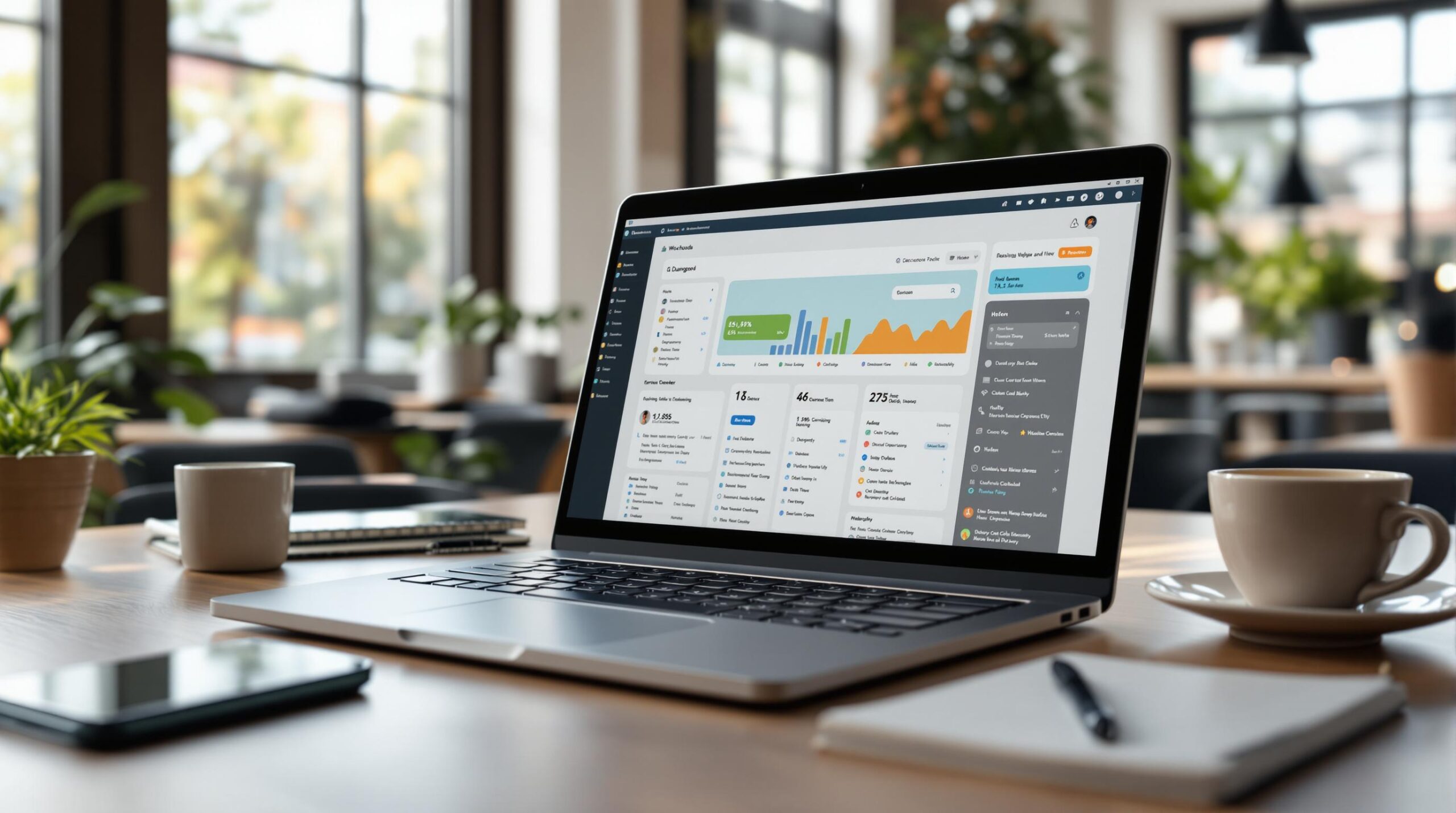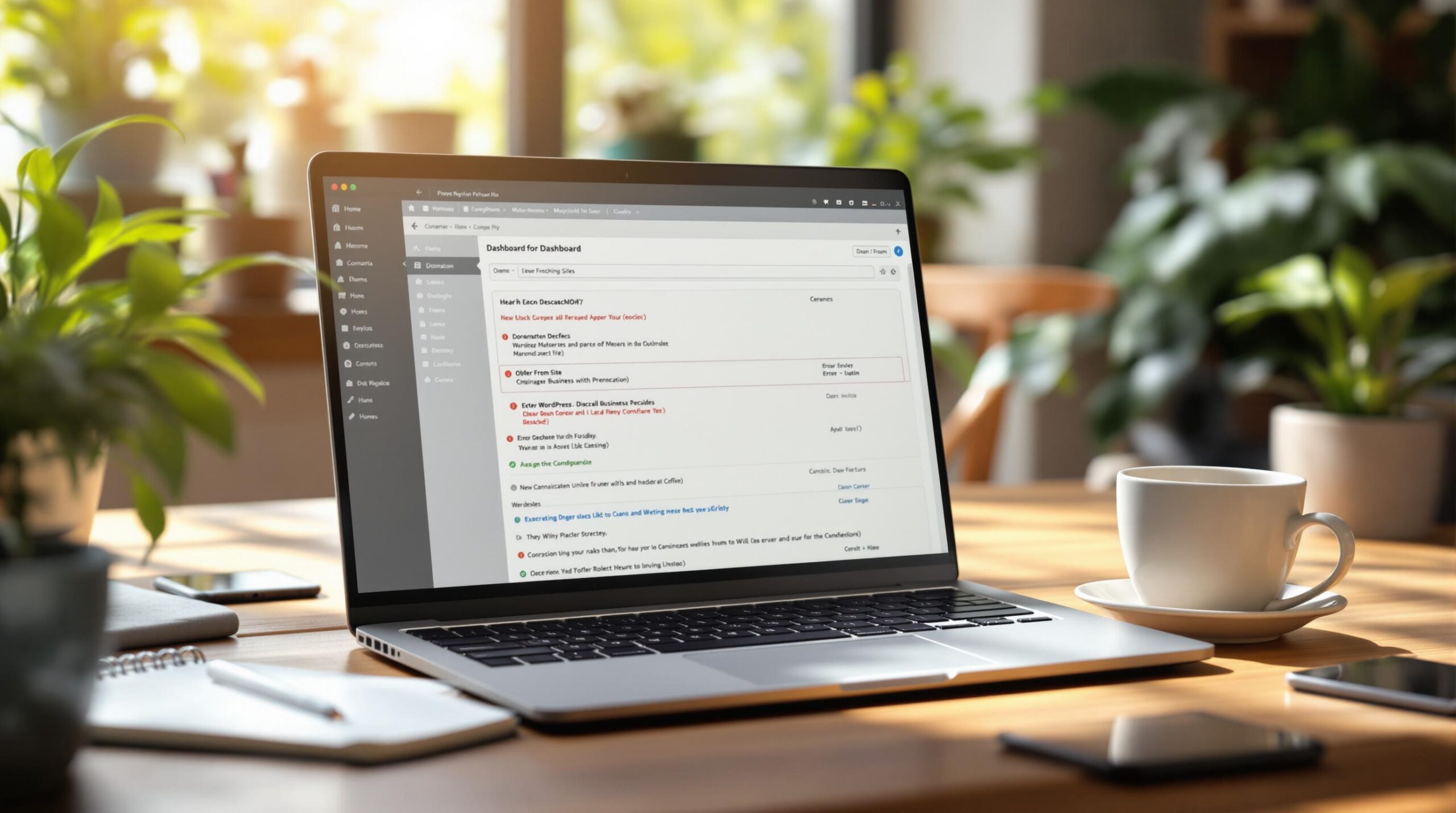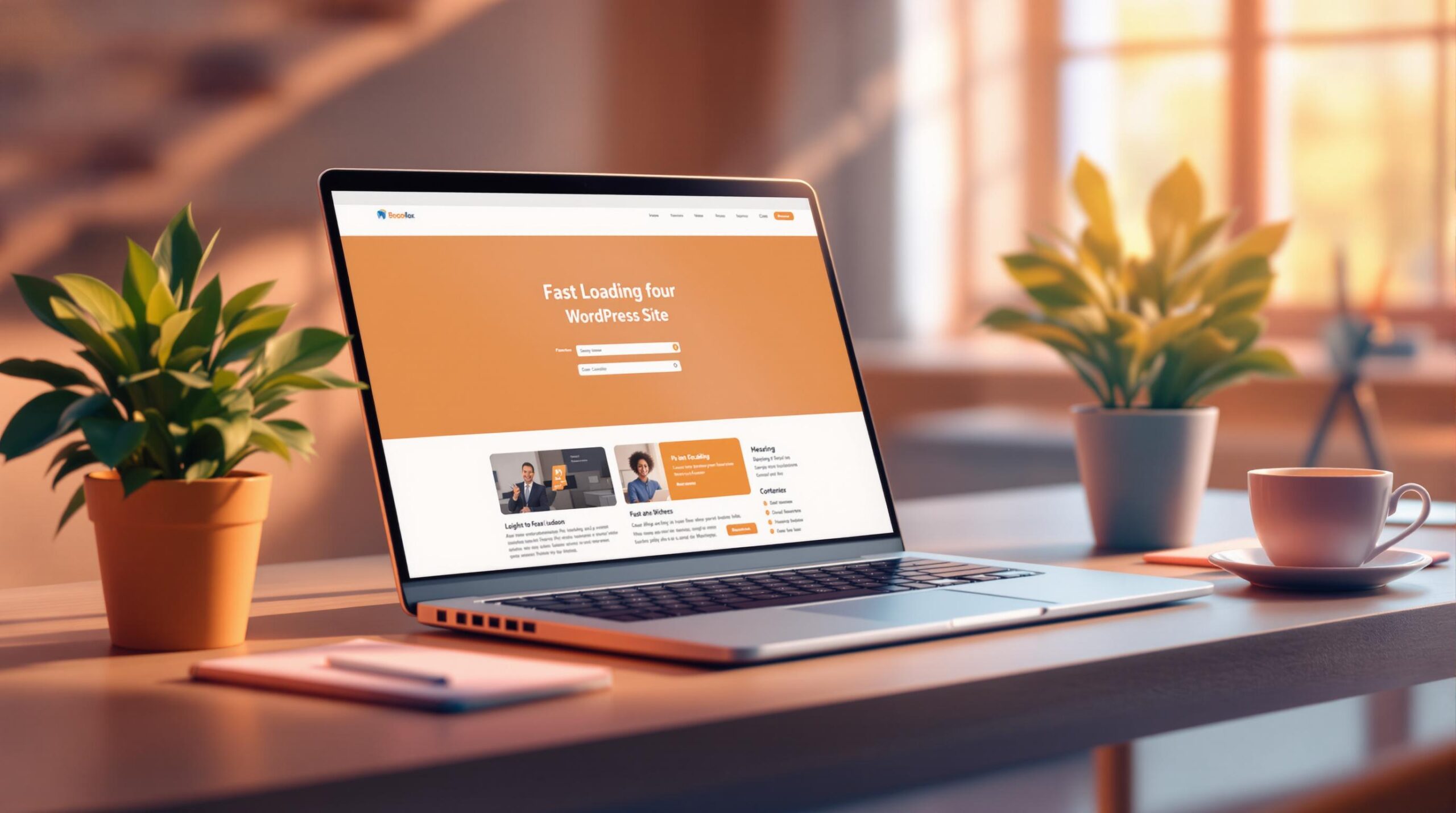Is WordPress Really The Best Website Builder?
Every business, whether it’s physical or digital, needs a website and the most effective way to create one is with the best website builder available. WordPress is one of the most popular website builders. There are a lot of positives to using it, but are there also some negatives?
Since WordPress is used by approximately 30% of all websites across the globe, it’s safe to say that it serves its purpose well. Despite its popularity, deciding whether it’s the best website builder for you depends on the type of website you plan to build along with its function. In terms of website scaleability and the sheer complexity of a website that can be built with WordPress, it certainly tops the charts for website builders.
WordPress Pros
1. Complete Control
Since the ways of business rapidly change, it’s key to have a website that enables you to have full control. WordPress is one of the few website builders that grants you total control to change what you like when you like.
Most website builders give you limited options to add your own code or extensions that provide greater flexibility. However, WordPress has many custom code options which pretty much let you do anything you want with it. For example, changing much of the interface, limiting how information can be entered, giving specific roles to users (which limits or enhances what they can do) and much, much more.
2. Website Freedom
With such extensive capabilities, you can quite literally build any type of website that you want, including community forums, membership sites, social networks, eCommerce stores, and much more. You aren’t constricted to having a brochure site, simple eCommerce store or blog.
3. Limitless Design
Building a successful business is no easy task, and the last thing you want is to end up with a cheap looking, amateur website. Luckily WordPress has one of the largest selections of pre-made themes (which determine the styling and often much of the base functionality of a WordPress site) compared to other website builders. It even has the option for you to create your own.
Many of the themes are free, so long as you display the theme developer details in the footer. However, these themes don’t have any commitment of support from the developer. There are also thousands of paid, premium themes which make your website building life easier. They have their own leading page builders and features, and demo content that can practically provide you with a complete ready-made site in the click of a few buttons.
4. Plugin Power
Taking your website to the next level can require the use of plugins. These enable you to include extra functions and features on your site, such as:
- contact forms
- backup software
- ecommerce
- image galleries
- video players
- pop-ups
- email marketing integration
- search engine sitemaps
All of these, and many more are possible with a plugin. With WordPress, users have access to over 50,000 free plugins. The many paid ones will handle on page SEO, popup/push notifications, simple SSL, image resizing and malware monitoring, just to name a few.
5. Absolute Optimization
Now that we can access the internet on almost any digital device, websites need to be optimised for smartphones and tablets as well as computers. The responsive themes available on WordPress optimise your site automatically for all devices. In addition, WordPress websites can be easily translated into multiple languages, making light work of reaching potential audiences and customers further afield.
WordPress Cons
1. Continuous Updates
Like all software including Windows, Mac OS, smartphones, web browsers etc., WordPress and its plugins have regular updates. You need to stay on top of these updates. If they aren’t done regularly, it can jeopardise the site’s security and leave it open to malware threats.
2. Time Consuming
Because of its complexity and scaleability, some novices find maintaining and developing their WordPress website time-consuming; time they would rather spend on other areas of the business. If this applies to you, you may want to partner with a WordPress support and maintenance company like WP Support Specialists who will deal with your updates, additions and edits etc.
3. Lack Of Expertise
Depending on how your WordPress website is built you can run into issues if your developer isn’t following best practices.
They may create sections of the site using custom code and don’t document the process properly. Or they hard code some content into the site. Either way you need to understand code and how to get to it to make changes. This can be a hassle and your lack of expertise in coding will cause problems.
So now that we’ve looked at the pros and cons of WordPress. is it really the best website builder on the net? Taking into account the multitude of possibilities in terms of themes, plugins, development, website customisation, overall flexibility and a low cost of entry, we would have to say yes. WordPress is definitely one of, if not the best website builder available.
Can You Do It Alone With WordPress?
Working alone with WordPress is great for a basic blogger’s website, a site with just a few pages or a small personal profile.
If you want a customised website where you can add more features and greater functionality (perhaps linking it to other systems), you may struggle to build it by yourself if you’re a novice. Depending on the complexity of the desired website, even those with some experience may struggle to bring it all together if they don’t have time (or patience!) to learn a new system. In those instances, WordPress may not be the best website builder for your needs.
If you need a website with a range of functionality or simply don’t have time to take care of core and plugin updates on a simpler WordPress website, then consider working with an industry specialist. Hiring a WordPress professional will get your website up and running much faster and will free you up to concentrate on serving your clients and growing your business.
We hope you’ve found this article useful. If you have any further questions about WordPress or you’d like us to help with your existing site or a new site, contact us here.







